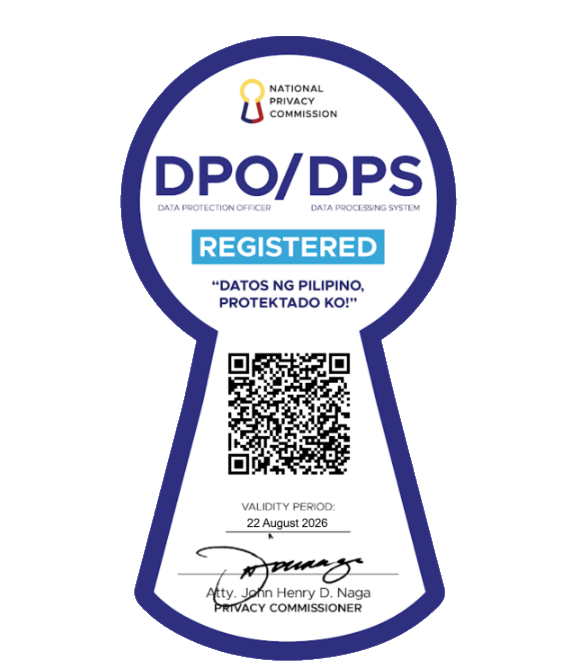#DiscoverWithVSU: How clinical training shaped grit and care post-pandemic
- Details
- Written by Mike Laurence V. Lumen
-
Published: 19 August 2025

In the aftermath of the COVID-19 pandemic, a group of researchers from Eastern Visayas set out to ask a timely question: what happens to the confidence, perseverance, and capacity of nursing students to care when their hands-on training is suddenly disrupted?
The answer, based on a study recently published in Acta Medica Philippina, reveals deep ties between the quality of clinical learning environments and the inner resilience of future nurses.
Conducted among 462 students from 12 nursing schools in Central Philippines, the research found that the more students positively experienced their clinical placements, the more likely they were to develop academic grit, strong self-esteem, and authentic caring behaviors.
This matters. In a country long regarded as the top supplier of nurses across the globe, the shaping of character, just as much as skills, defines how well Filipino nurses perform in real-world, high-pressure environments.
For Visayas State University (VSU), which had two researchers contributing to the study, this adds a layer of urgency in strengthening how clinical learning is designed and delivered.
Dr. Janet Alexis A. De los Santos of VSU Faculty of Nursing, and Mr. Paulo Batidor of VSU Department of Statistics co-authored the study along with Charlie Falguera and Dr. Carmen Firmo of the University of the Philippines Manila School of Health Sciences in Palo, Leyte.
Together, the team conducted their investigation at a time when traditional nursing education was undergoing a radical shift due to lockdowns, restricted hospital access, and the widespread move to online learning.
The researchers found that even as pandemic conditions compromised hospital training, students who still felt engaged and supported in their clinical environments were more likely to stay motivated and believe in their own capacity to serve.
Importantly, the study also revealed that students from government nursing schools, who were often affiliated with understaffed public hospitals, perceived their clinical environment less favorably. This perception shaped how they viewed themselves and their role in patient care.
The data paints a portrait of future nurses who are not only learning medical skills but are constantly evaluating their place in the profession. Will they stay? Will they thrive?
According to the study, factors like age, leadership experience, and willingness to continue in nursing were all connected to how students viewed their clinical training.
Students who had better clinical exposure scored higher in their grit, the ability to push forward despite setbacks, and showed a stronger inclination to stay in the nursing profession.
On the flip side, negative experiences discouraged some from continuing, with some students feeling demoralized or disconnected from patients during the height of the pandemic.
For educational institutions like VSU, the implications are direct. It is not enough to send students to hospitals. There is a need to rethink the kind of learning they receive, where it is in traditional wards, simulations, or thorough telehealth.
With the pandemic laying bare the fault lines in nursing education, this study urges schools to rethink how they can maintain a conducive environment for learning even when conditions are far from ideal.
The researchers suggest exploring alternative training methods such as expanding simulation labs into bigger spaces, incorporating telehealth experiences, or promoting structured preceptorship even in emergency settings.
As nursing continues to play a frontline role in both local and global health systems, shaping future professionals must go beyond technical instruction. It must also nurture courage, empathy, and the kind of persistence that carries nurses through long shifts and emotional exhaustion.
This study gives educators and policymakers a clearer picture of how the training ground affects the minds and hearts of the country’s future healers.
This article is aligned with Sustainable Development Goal (SDGs) 3: Good Health and Well-being; SDG 4: Quality Education; SDG 10: Reduced Inequalities, and; SDG 17: Partnerships for the Goals.


